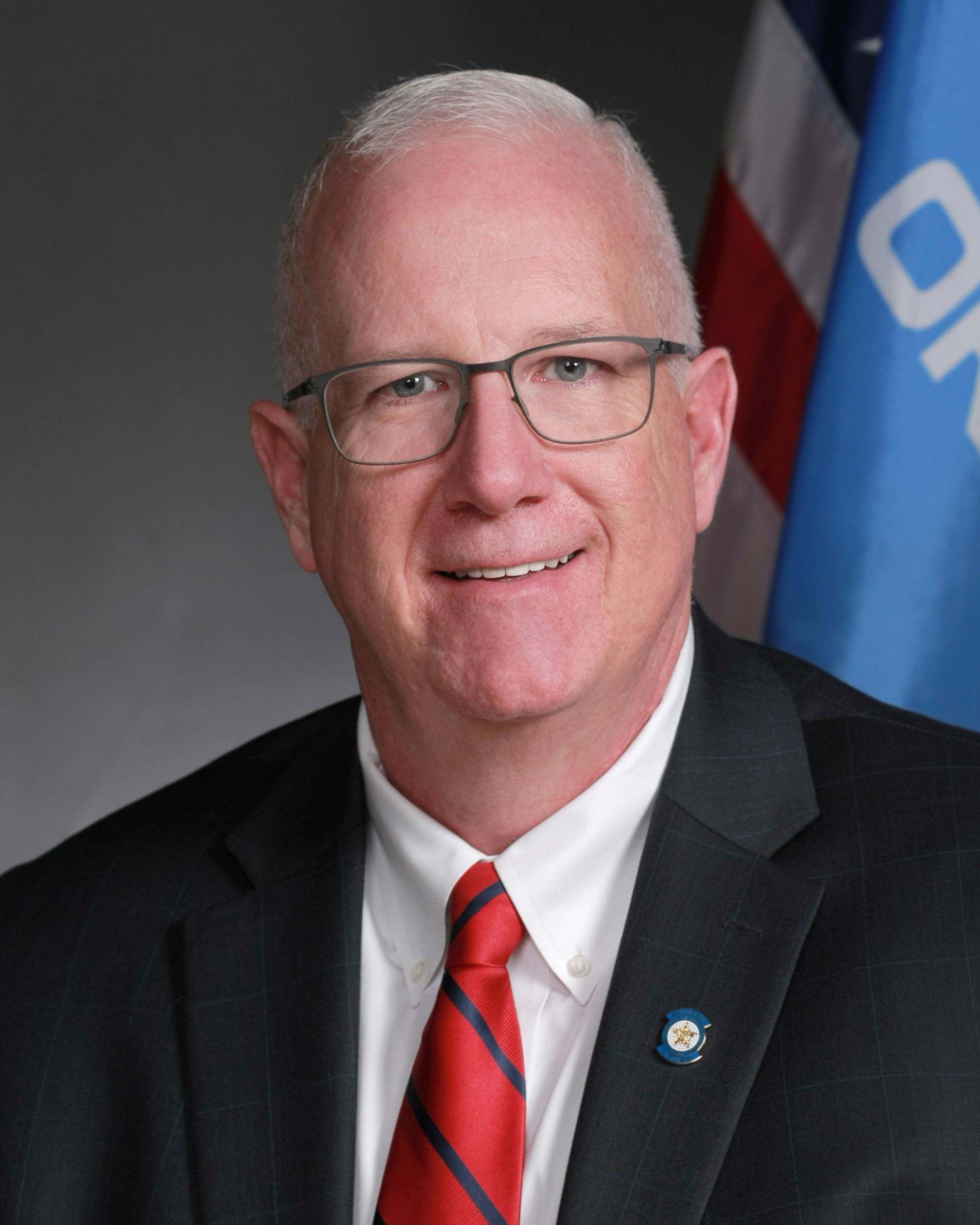Gov Signs Boatman, Haste Bill Creating Mental Health Workforce Pilot Program
A measure establishing a pathway to fund a pilot program designed to expand opportunities to invest in Oklahoma's mental health workforce has been signed into law. House Bill 3449, authored by Rep. Jeff Boatman, R-Tulsa, modifies the Oklahoma State University Medical Authority Behavioral Health Workforce Development Fund and establishes the University Hospitals Authority Behavioral Health Workforce Development Fund. The funds could be used to implement a pilot program at behavioral health facilities aimed at supporting behavioral health workforce development and facilitating access to behavioral health professionals. "I am glad to learn that the governor signed House Bill 3449," Boatman said. "It's critical that our flagship public universities assist the private sector in growing our mental health workforce. We currently have a critical shortage of psychology and psychiatry professionals in Oklahoma, and this bill is a great first step in addressing that issue." "As our state continues to grapple with the challenges of mental health care, House Bill 3449 represents a significant step forward," Haste said. "By establishing this fund, we are paving the way for innovative pilot programs that will expand access to mental health services and support the growth of our mental health workforce." The bill also requires the University Hospitals Authority, along with the Oklahoma State University Medical Authority, to submit a report to the Legislature detailing the results of the first year of funding. HB3449 was passed with an emergency clause, allowing the bill to take effect immediately upon being signed. The bill was signed by the governor on May 13.
